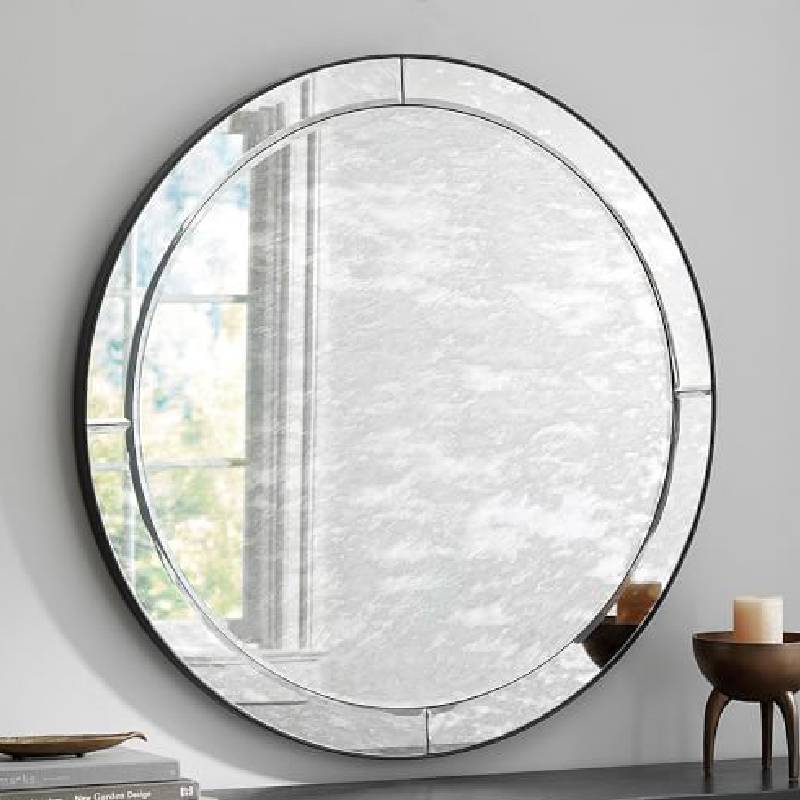

The Allure of Black Float Glass A Modern Aesthetic Choice
In contemporary architecture and interior design, materials play a pivotal role in defining spaces. Among these, black float glass has emerged as a sophisticated favorite among architects, designers, and homeowners alike. This material not only serves aesthetic purposes but also boasts functional benefits that make it an ideal choice for various applications.
Black float glass is produced through a process that involves floating molten glass on top of molten tin, resulting in a pristine sheet of glass that is both flat and uniform in thickness. The introduction of black pigment during the manufacturing process gives the glass its distinctive dark hue. This sleek, modern appearance has made black float glass a highly sought-after material for both residential and commercial projects.
One of the most compelling attributes of black float glass is its ability to enhance the visual appeal of any space. Its deep, reflective surface can create striking contrasts with lighter hues and textures, adding depth and sophistication to interiors. For example, when used in cabinetry or tabletops, black float glass can transform ordinary furniture into stunning focal points. Its neutral tone allows it to seamlessly integrate into various design styles, from minimalist and industrial to luxurious and contemporary.
Moreover, black float glass can be used in a range of applications, including windows, partitions, railings, and even shower enclosures
. When utilized in windows, it reduces glare and enhances privacy without sacrificing natural light, making it perfect for modern homes in urban settings where privacy is a premium. In commercial settings, black float glass can serve as an elegant partition that delineates spaces while maintaining an open and airy feel.
In terms of durability, black float glass is comparable to traditional glass materials. It is treated to withstand impacts and is resistant to scratches, making it a practical choice for high-traffic areas. Additionally, it is easy to maintain; regular cleaning with non-abrasive products keeps its surface looking pristine.
Another factor contributing to the growing popularity of black float glass is its eco-friendliness. Most manufacturers adhere to sustainable production methods, ensuring that the glass is recyclable. This aligns with the increasing demand for eco-conscious materials in construction and design, allowing designers and builders to make responsible choices without compromising aesthetics.
While the advantages of black float glass are numerous, it is essential for designers and architects to consider its reflective properties. Depending on the lighting conditions, black glass can absorb heat, which may lead to increased energy use for climate control in buildings. Therefore, it is crucial to explore appropriate applications and pair the material with energy-efficient solutions for optimal performance.
As design trends continue to evolve, black float glass remains a versatile and stylish option for those looking to make a statement. Whether used in residential spaces or commercial environments, it speaks to a modern aesthetic that values both form and function. Its ability to blend seamlessly with other materials while providing an air of sophistication makes it a timeless choice in the world of design.
In conclusion, black float glass offers an enticing blend of elegance, durability, and sustainability. As architects and designers seek innovative materials that enhance the beauty and functionality of their projects, black float glass stands out as a remarkable solution that captures the essence of modern design. Its applications are as diverse as the spaces it adorns, promising to remain a staple in the design world for years to come.